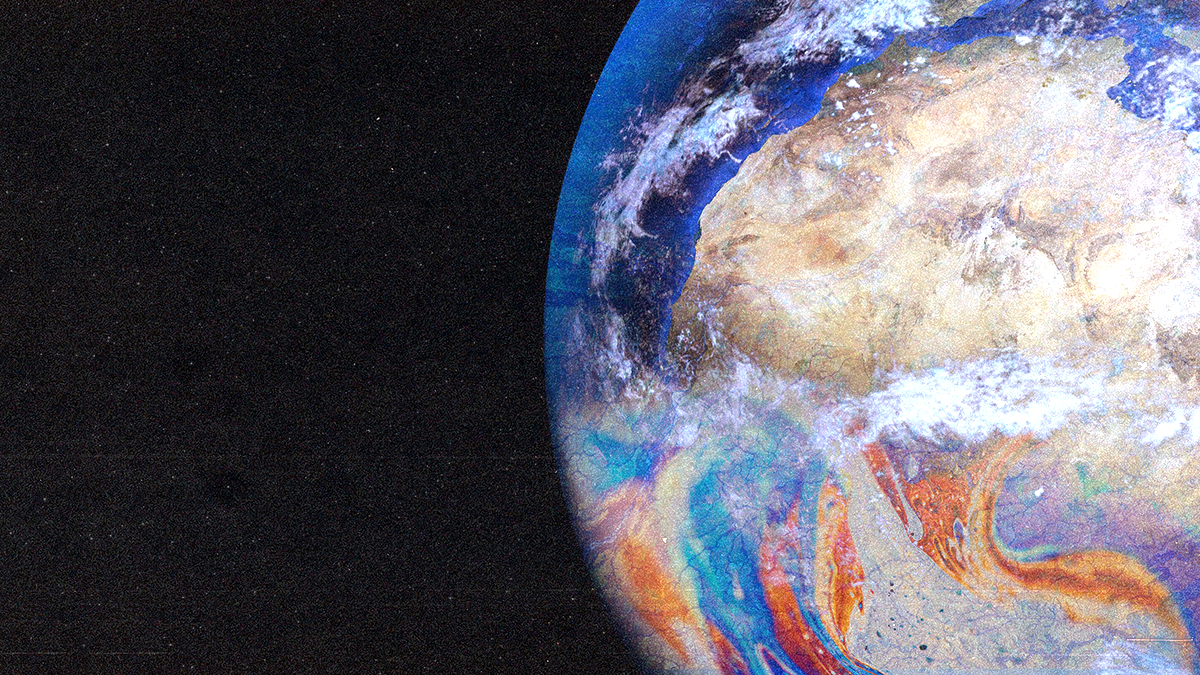A new poll provides more evidence that Western and non-Western countries just don’t agree on how best to respond to the war in Ukraine.
Most Americans and Europeans say their governments should help Ukraine repel Russian invaders. Many say Russia’s threat extends beyond Ukraine. People and leaders in non-Western countries mainly want the war to end as quickly as possible, even if Ukraine must surrender some of its land to Russia to bring peace.
That’s not necessarily the message you might take from a recent vote on this subject in the UN General Assembly. On Feb. 24, the invasion’s one-year anniversary, 141 countries voted to condemn the invasion and to demand that Russia “immediately, completely and unconditionally” withdraw from Ukraine. Thirty-two countries abstained. Just six – Belarus, North Korea, Syria, Eritrea, Nicaragua, and Mali – voted with Russia against the motion.
But it’s one thing to denounce the invasion. It’s another to arm Ukraine and sanction Russia.
Among the 32 countries that abstained – a group led by China, India, South Africa, Pakistan, Kazakhstan, and others – and even in states like Brazil and Turkey that voted with the majority, there is deep resistance to the Western approach to the war. The reasons vary by region and country, but their argument with the West can be grouped into three broad categories.
First, the US and Europe, they say, are prolonging this costly war at a time when world leaders must turn their attention and focus their nation’s resources on other urgent global threats.
As India’s President Narendra Modi said this week in his role as chair of this year’s G20 summit: “After years of progress, we are at risk today of moving back on the sustainable development goals. Many developing countries are struggling with unsustainable debts while trying to ensure food and energy security. They are also most affected by global warming caused by richer countries. This is why India's G20 presidency has tried to give a voice to the Global South.”
It’s noteworthy that Modi delivered these comments in English.
In other words, the longer the war in Ukraine continues, the longer world leaders will be distracted from other challenges and the fewer resources they’ll have left to meet them.
Second, what gives Europeans and Americans the right, some ask, to decide which wars are legitimate and who is guilty of imperialist behavior? The US says Russia launched an invasion under false pretenses, but memories of Americans hunting Iraq for weapons of mass destruction bolster charges of hypocrisy. Many Latin Americans remember that Cold War-era Western crusades against Russian Communism included support for brutal dictatorship in their countries. Many in Africa and the Middle East who live in states whose borders were drawn by Europeans reject European appeals to defend Ukraine against imperialism.
Third, many developing countries value the chance to buy Russian energy and food exports at bargain prices. Western refusal to buy Russian products has given many poorer states the chance to fuel their recovery in this way, and their governments are well aware that any bid to remove these products completely from markets would cut deeply into global supplies, driving world food and fuel prices to dangerous new highs. Many of these countries need post-COVID economic lifelines and continuing to do business with Russia, especially on newly favorable terms, can help.
Americans and Europeans can make counterarguments in all these areas, but leaders and poll respondents in non-Western countries continue to warn that Western governments can’t expect others to share the sacrifices they claim are needed to resolve Western problems.
Should Western governments worry? The US and Europe will continue to supply Ukraine and sanction Russia with or without help from others. But if Western leaders want to effectively isolate Russia, both economically and diplomatically, reluctance and resistance from non-Western countries will limit how much they can hope to accomplish and how quickly.


















